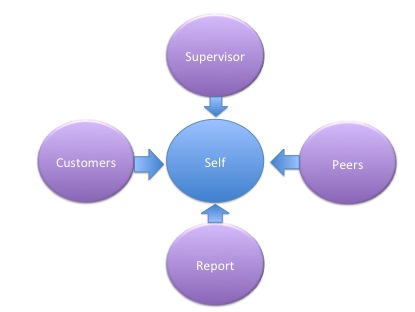Customer service and organizational performance
In any organization every employee is serving someone. Every employee has customers to serve. Customers are the very reason for everyone's employment. For each employee, the most important thing is not knowing what to do but knowing what service to deliver to one's customers. It is very easy for employees to get swamped into implementing activities without clarity of the customers they serve and the service they deliver. Knowing the customers and the service to be delivered is key to understanding the value customers and the organization as a whole attach to the employee. Most employees think that they are employed to do things instead of to deliver services.
Understanding one's customers, the services to be delivered and delivering them in the right quantities, quality, time, and in the most economical way possible is key. It is a sure way of not only commanding one's relevance and demand in the organization but also contributing to organizational success. Invariably, an organization has two types of customers; external customers and internal customers. External customers are found in the market place and they are the primary reason for the organization's existence. Any organization exists to create and serve external customers. Organizations create and increase external customers by delivering what they value. Continue reading...
 Reading different books and listening to various podcasts on entrepreneurship and personal development
is something I enjoy doing often. The information I get from these sources greatly aids me in expanding
my thinking and it also continuously serves as a reminder that life is full of many possibilities
if one is willing to put forth the work.
Reading different books and listening to various podcasts on entrepreneurship and personal development
is something I enjoy doing often. The information I get from these sources greatly aids me in expanding
my thinking and it also continuously serves as a reminder that life is full of many possibilities
if one is willing to put forth the work.
 We all agree that performance is about results. It is about delivering the results or service expected
by customers. Depending on your position in the organization you may be serving external or internal
customers. Both have similar needs in that they need your service; and they need it so much that
they are desperate if you do not deliver it in time. However, the service delivery process has
considerable interconnections that need consideration in ensuring an employee's effective and sustained
performance.
We all agree that performance is about results. It is about delivering the results or service expected
by customers. Depending on your position in the organization you may be serving external or internal
customers. Both have similar needs in that they need your service; and they need it so much that
they are desperate if you do not deliver it in time. However, the service delivery process has
considerable interconnections that need consideration in ensuring an employee's effective and sustained
performance.

